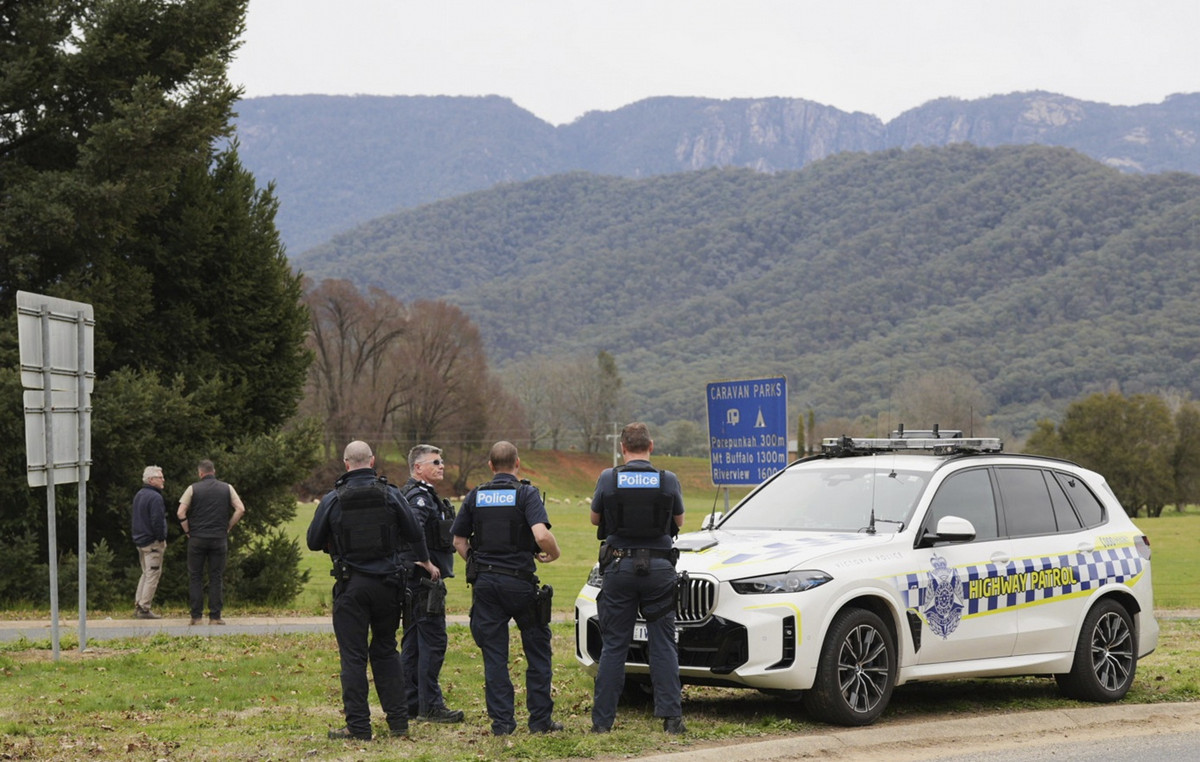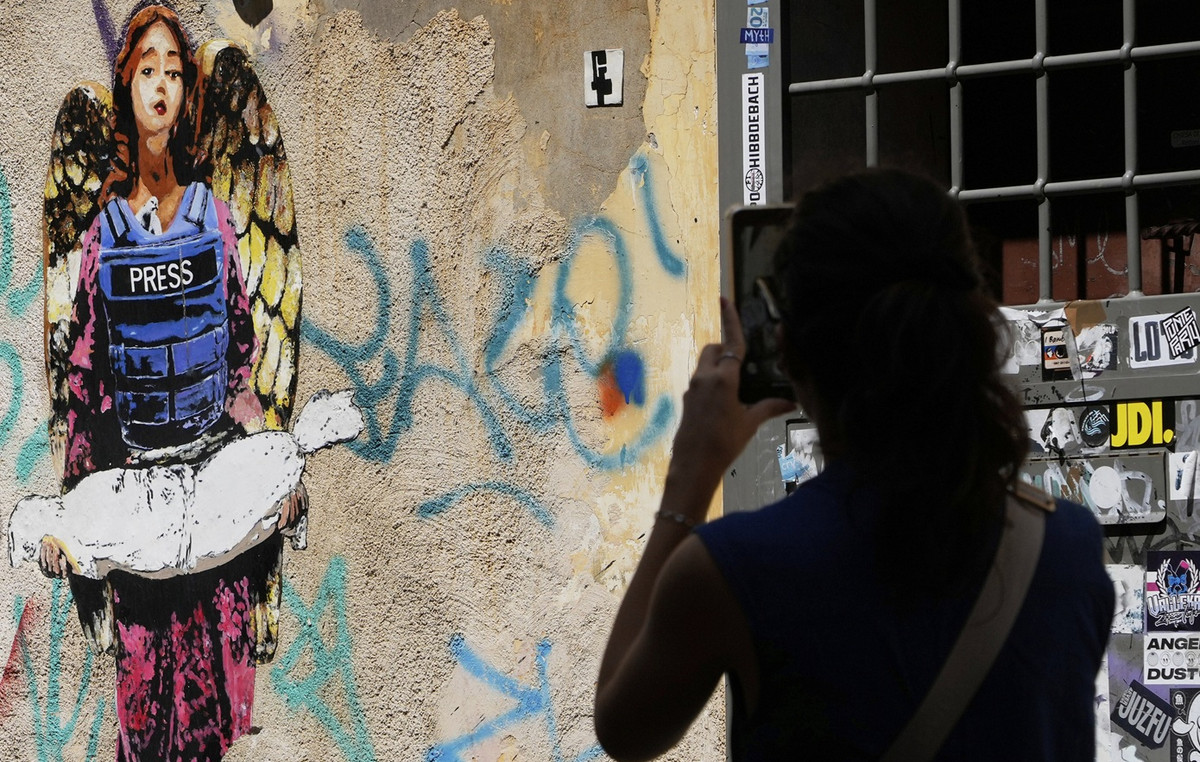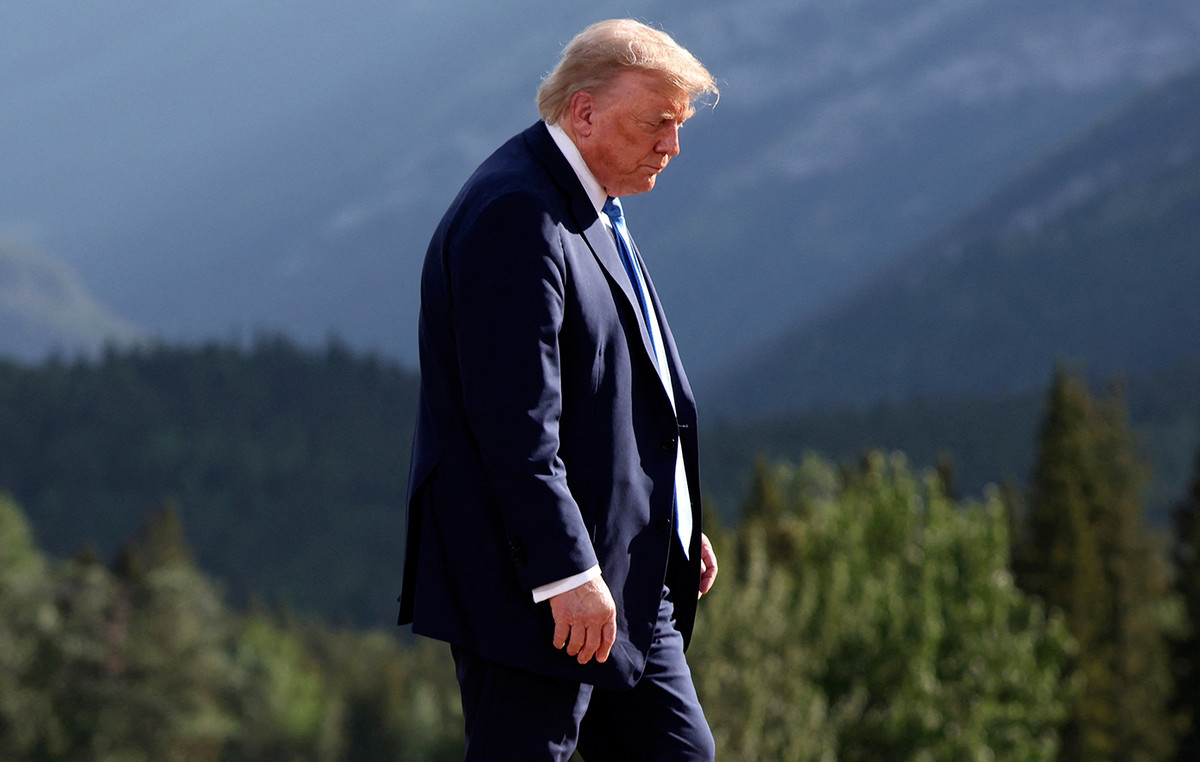Newspapers around the world covered the attack on Salman Rushdie this Friday (12). The writer was attending an event in New York, United States, where he would give a lecture. However, after being introduced, a young man ran towards the stage and stabbed the writer. The suspect was arrested and identified as 24-year-old Hadi Matar.
Rushdie, 75, was rushed to hospital with severed nerves in his arm and puncture wounds to his neck and torso. He remains in hospital and is at risk of losing an eye.
The author received death threats for his books, having to walk around with security guards for most of his life.
“Satanic Verses”
Rushdie was born in India but moved to England where he studied and majored in history. He published his first novel, “Grimus”, in 1975.
The way he tackles sensitive political and religious subjects in his works has made him a controversial figure. This came to a head with the publication of his fourth novel: “The Satanic Verses”, in 1988.
The book was widely criticized by the Muslim community, who considered it sacrilegious. In 1989, the Iranian leader, Ayatollah Ruhollah Khomeini, claimed that Rushdie was committing blasphemy and that it was “an insult to Islam and the Prophet Muhammad”, and issued a religious decree – or fatwa – calling for his death.
“It is a case of religious fundamentalism. A political instrumentalization of the religious text. In this case, internationally. Since it is not up to the government of a country to condemn the citizens of other countries based on the laws of their state”, says Luana Hordones Chaves, a researcher at Unesp.
So for the next few years, the writer lived under tight security.
In 1998, the government of Iran said it would try not to carry out the order. Even so, this matter has not ended and, in 2017, the country’s supreme leader, Ayatollah Ali Khamenei, highlighted that the decree was still in force.
Iranian organizations, some affiliated with the government, raised a multimillion dollar reward for Rushdie’s murder. In 2019, Khamenei again said that the measure was “irrevocable”.
Chaves points out that the case exposes a conflict, for example, of sovereignty, since Iran sentenced a British citizen – who was also not on Iranian soil. Several press vehicles and the United Nations (UN) moved to defend the writer’s life.
“It so happens that the rights of freedom of expression (including those of a religious nature) and the freedom of religion that the UN Charter defends are in contradiction with the rights of many Muslim countries. Precisely because from the Islamic perspective, apostasy and blasphemy are considered crimes”, explains the expert.
*With information from CNN
Source: CNN Brasil
I’m James Harper, a highly experienced and accomplished news writer for World Stock Market. I have been writing in the Politics section of the website for over five years, providing readers with up-to-date and insightful information about current events in politics. My work is widely read and respected by many industry professionals as well as laymen.







